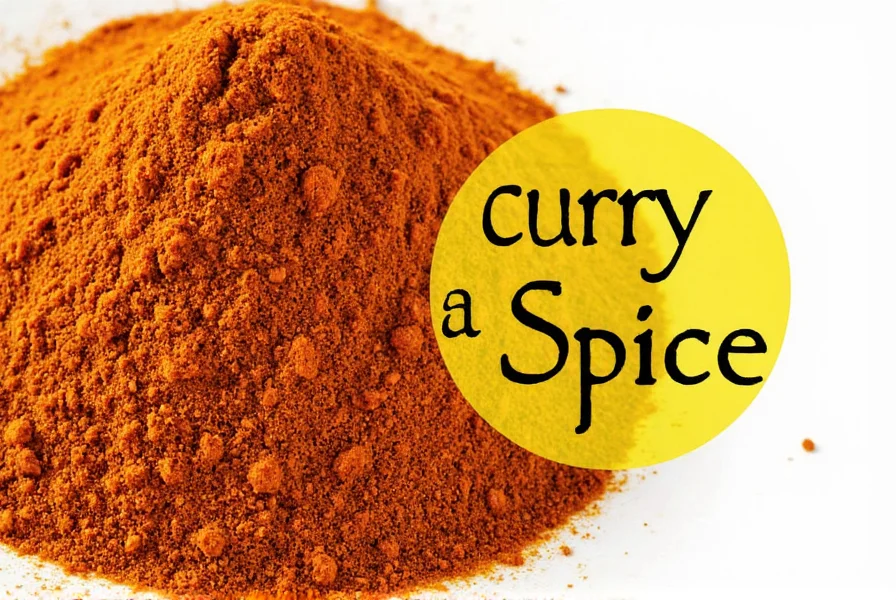Greek Seasoning Whole Foods: A Flavorful Guide for Spices Lovers
Table of Contents
Introduction to Greek Seasoning and Whole Foods
If you're someone who loves bold, fresh, and aromatic flavors, then Greek seasoning is the perfect addition to your kitchen. Rooted in the rich culinary traditions of Greece, this blend of herbs and spices brings a vibrant taste that can transform any dish into something extraordinary. When paired with whole foods—like fresh vegetables, legumes, grains, and lean proteins—it creates a healthy, balanced, and deeply flavorful meal.
Whole foods are unprocessed or minimally processed ingredients that retain their natural nutrients and textures. Think of things like olive oil, chickpeas, quinoa, tomatoes, and fresh herbs. Combining these with Greek seasoning not only enhances the flavor but also supports a nutritious lifestyle. In this guide, we’ll explore everything you need to know about Greek seasoning and how it pairs beautifully with whole foods.
Why Greek Seasoning is a Must-Have
There’s something special about Greek seasoning that sets it apart from other spice blends. It’s a harmonious mix of oregano, thyme, garlic, onion, and sometimes a touch of red pepper flakes or citrus zest. This combination delivers a fresh, earthy, and slightly tangy flavor profile that complements a wide range of dishes.
Here are a few reasons why Greek seasoning should be on your shelf:
- Flavor Powerhouse: One teaspoon can elevate roasted vegetables, grilled meats, or even homemade hummus.
- Versatile: Use it in marinades, dressings, soups, and more.
- Health Benefits: Many of the herbs used in Greek seasoning, like oregano and thyme, are known for their antioxidant and anti-inflammatory properties.
When you pair Greek seasoning with whole foods, you’re not just adding flavor—you’re creating a wholesome, nutrient-dense meal that feels good to eat and even better to cook.
How to Use Greek Seasoning in Your Cooking
Using Greek seasoning is simple, but knowing how to use it effectively can make all the difference. Whether you're a seasoned chef or a home cook, here are some practical ways to incorporate it into your meals:
- Roasted Vegetables: Toss carrots, zucchini, and bell peppers with olive oil and Greek seasoning before roasting at 400°F (200°C) for 25–30 minutes.
- Grilled Meats: Rub chicken, lamb, or tofu with a mix of Greek seasoning and olive oil before grilling.
- Salads: Sprinkle over mixed greens, cucumbers, cherry tomatoes, and feta cheese for a Mediterranean twist.
- Dips & Sauces: Add a pinch to hummus, tzatziki, or yogurt-based sauces for extra depth of flavor.
- Stews and Soups: Stir in during the last few minutes of cooking for a burst of freshness.
The key is to start with a small amount and adjust to taste. Greek seasoning is strong, so it's easy to overdo it if you're not careful.
Buying Guide for Greek Seasoning Whole Foods
When it comes to choosing Greek seasoning, there are several factors to consider—quality, ingredients, and versatility. Below is a detailed buying guide to help you find the best option for your kitchen.
Key Features to Look For
- Ingredients: Look for a blend that includes authentic ingredients like oregano, thyme, garlic, and onion. Avoid products with excessive fillers or artificial additives.
- Origin: Some Greek seasonings are made using traditional methods and high-quality local ingredients. If possible, choose a brand that emphasizes authenticity.
- Usage: Consider whether you want a dry blend or a wet paste. Dry blends are more versatile, while pastes are great for marinating.
Recommended Products
| Product Name | Features | Best For | Price Range |
|---|---|---|---|
| Greek Herb Blend by Megas | Traditional blend with oregano, thyme, garlic, and lemon zest | Roasting, grilling, and seasoning meats | $8–$12 |
| Olive & Thyme Greek Seasoning | Contains organic herbs and no preservatives | Vegan and vegetarian dishes | $6–$10 |
| Souvlaki Spice Mix | Perfect for Mediterranean-style skewers | Marinades and grilled dishes | $9–$13 |
Each of these options has its own unique benefits, making them suitable for different types of meals and dietary preferences. The phrase greek seasoning whole foods highlights how these spices work best when paired with natural, unprocessed ingredients for maximum flavor and nutrition.

Pro Tips for Using Greek Seasoning
To get the most out of your Greek seasoning, here are some expert tips that will help you elevate your cooking game:
- Start Small: Greek seasoning is powerful. Begin with 1/2 teaspoon per serving and adjust to your taste.
- Pair with Olive Oil: A drizzle of olive oil helps the seasoning adhere to food and enhances its flavor.
- Experiment with Combinations: Try mixing Greek seasoning with other herbs like rosemary or cumin for a unique twist.
- Use Fresh Herbs When Possible: While store-bought seasoning is convenient, using fresh oregano or thyme can add an extra layer of flavor.
- Store Properly: Keep your Greek seasoning in an airtight container away from direct sunlight to preserve its potency.
These tips will ensure that every time you reach for your Greek seasoning, you're getting the best possible results in your kitchen.

Conclusion
In conclusion, Greek seasoning is more than just a spice—it's a gateway to a world of flavor, tradition, and health. When combined with whole foods, it becomes a powerful tool for creating delicious, nourishing meals that are as good for your body as they are for your taste buds.
Whether you're a seasoned chef or a casual cook, incorporating Greek seasoning into your routine can open up new culinary possibilities. From roasted veggies to grilled meats and fresh salads, this versatile blend adds a touch of the Mediterranean to every dish.
Remember, the phrase greek seasoning whole foods isn't just a catchy slogan—it's a reminder that the best flavors come from the simplest, most natural ingredients. So next time you're in the kitchen, reach for that jar of Greek seasoning and let your taste buds travel to the sunny shores of Greece.










 浙公网安备
33010002000092号
浙公网安备
33010002000092号 浙B2-20120091-4
浙B2-20120091-4